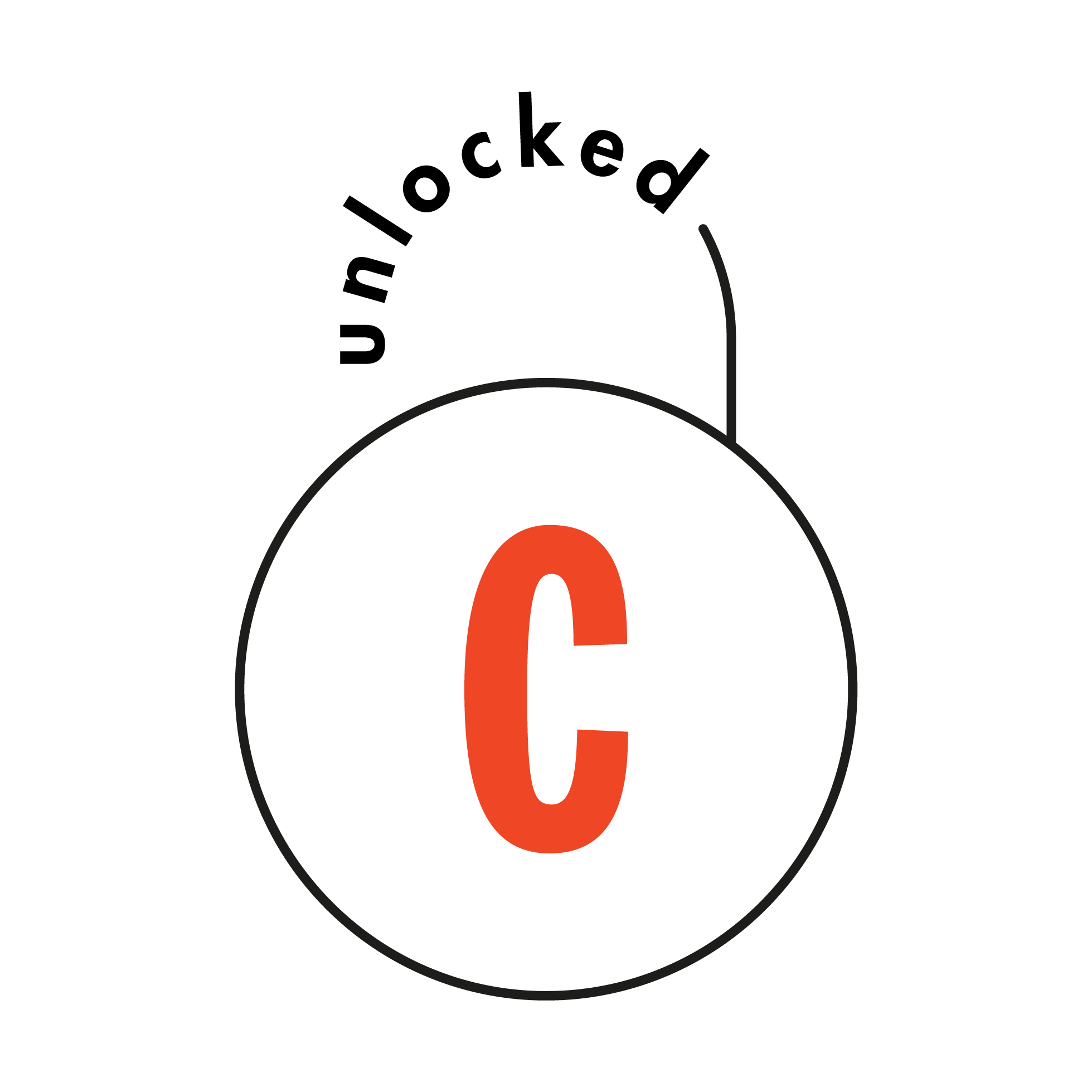The term agender is a gender identity used to describe someone who does not identify as having any particular gender, says LGBTQ+ expert Kyle Elliott, founder and career coach at Caffeinated Kyle. “This may include people who do not identify as their assigned sex or who do not identify with any gender.”
Remember that “a,” as a prefix, means absence of something—so when you look at the term “agender,” it refers to the absence of gender completely.
But before we dive deeper into what it means to be agender, remember that someone’s gender identity is different than someone’s sexual orientation. As previously stated in another Cosmopolitan article, “gender is a social construct tied to personal expression, while sexual orientation is defined as who you are attracted to. One is not contingent upon the other.”
This means that if you are agender, you can still be attracted to people (or experience no attraction at all) across the gender spectrum, says Elliott.
The Biggest Difference Between Agender, Nonbinary, Genderqueer, and Asexual
Both agender and nonbinary people reject the concept of a binary (aka something that can be broken into two separate categories), but Courtney D’Allaird, assistant director of Gender and Sexuality Resource Center at the University of Albany, says agender people also reject the entire concept of gender. This rejection “isn’t necessarily the experience of the majority of nonbinary identities” because while they “may often feel expansive about their gender,” it doesn’t mean they don’t experience gender entirely.
In that same vein, D’Allaird explains that genderqueer people, who experience their gender differently, are still experiencing gender in some form—while agender people are not experiencing themselves “as gendered at all.”
Yes, the terms “agender” and “asexual” both contain the “a,” but they’re referring to completely different things. D’Allaird explains that agender refers to the gender spectrum, while asexual, which means you don’t experience sexual attraction, is on the attraction spectrum. So, no, being agender does not necessarily mean you’re also asexual. “You can be attracted to genders even though you do not experience yourself as gendered,” D’Allaird notes.
Related terms:
What Identifying as Agender Looks Like
First off, there’s no one-size-fits-all here—and you can’t tell someone’s gender identity or expression merely based off of what they look like or how they dress. “People may choose to present themselves in whatever feels most comfortable, which may or may not align with a perceived gender”—and that’s okay, says licensed psychologist Tanisha Thelemaque, PhD.
Because of that, D’Allaird suggests shifting the focus to what agender people feel like rather than what they look like. “They exist in public, still experience the categorization of their body as a sex, and yet feel no affinity or connection to cultural gender identities or expressions or expectations,” they explain.
Plus, agender is an umbrella term, so “people may not have the same experience,” says Dr. Thelemaque.
How to Be a Proud Agender
There are tonnnns of ways for you to connect with others in the agender community, regardless of whether you are someone who is agender too or just an ally. Elliott recommends browsing for agender-related hashtags like #agender, #nonbinary, #genderqueer #genderfluid, #queerpride, #queer, and #pride on Instagram and TikTok.
There’s also an agender flag, which includes the colors black, grey, white, and green. Out Right Action International notes “the black and white stripes represent an absence of gender, the gray represents semi-genderlessness, and the central green stripe represents non-binary genders.” You can read more about it here.
Lastly, know that there is no one way to be proud, says Dr. Thelemaque. “By exploring what gender means to you is more than enough.” You can visit resources like GLAAD and Learning for Justice for more on agender specifics and questions.
How to Support Friends or Partners Who Identify As Agender
D’Allaird suggests doing the following things to support your agender friends and/or partners:
- Believe them.
- Challenge unnecessary gender assignments in your environment that are based on stereotypes. (For example, why does your stuffed animal have to have a gender?)
- Avoid using gendered phrases like “thanks, man” or “good girl.”
- Be careful of how you label people in your own life.
- Avoid assuming pronouns. “People who identify as agender may use ‘they/them’ pronouns or no pronouns at all. If you feel comfortable, offer your pronouns when introducing yourself as well as in written communications, but do not force people to disclose their pronouns,” says Elliott.
Also, be mindful that definitions are continually evolving and changing, says Elliott. Just because someone may identify as agender one month doesn’t mean they’ll still want to years later. “How people choose to describe themselves is their choice alone, respect their decision—and also recognize that how people describe themselves can change over time.”
Lastly, treat them with respect. When agender people open up about their identities, D’Allaird says they are “often dismissed and infantilized because people are very attached to their gender.” Don’t be one of those people. Believe your loved ones when they tell you who they are.
This content is created and maintained by a third party, and imported onto this page to help users provide their email addresses. You may be able to find more information about this and similar content at piano.io

